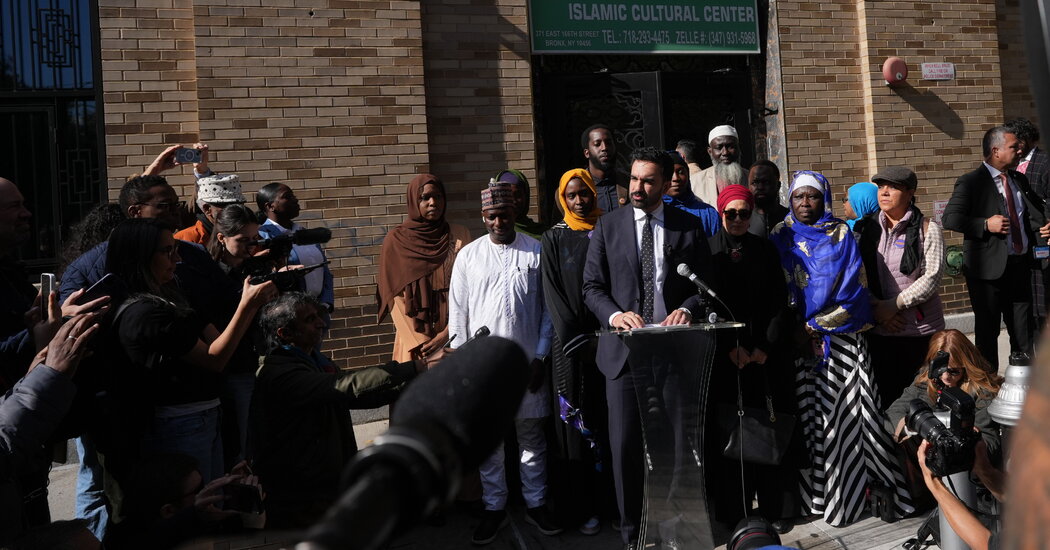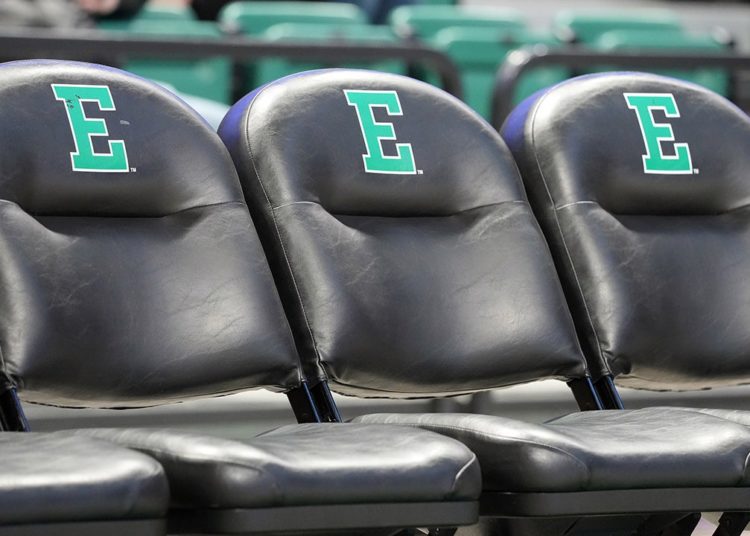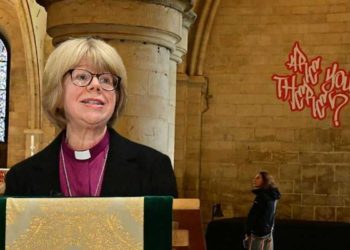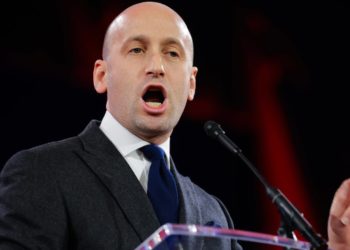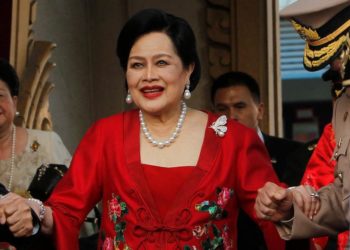In the waning days of the New York City mayor’s race, Zohran Mamdani, the front-runner, has faced attacks that he and other Democrats characterize as an Islamophobic-driven effort to paint him as a foreigner and threat to New Yorkers.
Mr. Mamdani, in an emotional 10-minute address on Friday, condemned the attacks, emphasizing his Muslim faith and demanding an end to the divisiveness.
“For as long as we have lived, we have known that no matter what anyone says, there are still certain forms of hate that are acceptable in the city,” he said while standing outside a mosque in the Bronx. “Islamophobia is not seen as inexcusable.”
Mr. Mamdani said the onslaught of faith- or ethnicity- based attacks from his opponents had intensified, especially from his closest rival, former Gov. Andrew M. Cuomo, who is running as an independent.
During an interview with the conservative radio host Sid Rosenberg on Thursday, Mr. Cuomo chuckled when Mr. Rosenberg said Mr. Mamdani would “be cheering” if there were another Sept. 11-style terrorist attack on New York City.
“That’s another problem,” Mr. Cuomo replied.
The interview came a day after Mr. Cuomo’s campaign released and then quickly deleted an A.I.-generated video that depicted Mr. Mamdani eating rice with his hands, a common practice in the South Asian community that is often used as an insult by the right.
The video also depicted a Black man putting on a kaffiyeh, a patterned scarf that has become a symbol of the Palestinian resistance movement, before grabbing and stealing items from a store.
Surrounded by members of the Islamic Cultural Center of the Bronx as he spoke on Friday, Mr. Mamdani had tears welling in his eyes as he directly addressed the “Muslims of New York City” and recalled people in his life who had been profoundly affected by anti-Muslim sentiment.
He cited an aunt who stopped taking the subway after the Sept. 11 terrorist attacks because she was too afraid to wear her hijab on the train; a friend who Mr. Mamdani said was pressured to be an informant; and an older male Muslim friend — an “uncle,” as Mr. Mamdani called him — who suggested that he conceal his faith when he first ran for the State Assembly.
“I had not learned the lesson that he had been taught time and again,” Mr. Mamdani said. “It is the lesson that safety could only be found in the shadows of our city. It is in those shadows alone where Muslims could embrace their full identities, and that if we were to emerge from those shadows, that it is in those shadows that we must leave our faith.”
For his part, Mr. Cuomo spent most of Friday meeting with Orthodox Jewish leaders, as well as officials from two law enforcement unions.
After Mr. Mamdani made his comments in the Bronx, Mr. Cuomo hastily arranged his own news conference outside a mosque in Jackson Heights, Queens, Masjid Darul Hidayah. He appeared there with Imam Qazi Qayyoom, founder of the Muhammadi Community & Interfaith Center and a Cuomo supporter.
In his remarks, Mr. Cuomo accused Mr. Mamdani of being divisive. He argued that Mr. Mamdani’s recollection of his aunt being afraid after Sept. 11 improperly cast all New Yorkers as Islamophobic, and he accused Mr. Mamdani of fostering a climate of antisemitism that made Jews fearful of wearing yarmulkes and the Star of David.
“New Yorkers are not Islamophobic,” the former governor said.
Of his appearance on Mr. Rosenberg’s show, Mr. Cuomo said he did not take the host’s comments seriously.
“I had nothing to do with it,” Mr. Cuomo said, adding: “I could see where, if you took it seriously, it was offensive. I didn’t take it seriously at the time.”
Mr. Cuomo is not the only person whose comments about Mr. Mamdani have been criticized as Islamophobic. Representative Elise Stefanik, a Republican and staunch ally of President Trump, called Mr. Mamdani a “jihadist.”
And on Thursday, while endorsing Mr. Cuomo, Mayor Eric Adams said: “New York can’t be Europe, folks,” adding: “You see what’s playing out in other countries because of Islamic extremism.”
And at the debate on Wednesday, the last of the campaign, the Republican candidate, Curtis Sliwa, accused Mr. Mamdani of supporting “global jihad,” an accusation Mr. Mamdani firmly rejected.
Mr. Sliwa has not retracted the comment, but a spokesman for his campaign seemed to suggest that the remark was not Islamophobic.
“To weaponize accusations of Islamophobia for political gain is wrong and desperate,” said the spokesman, Daniel Kurzyna, “and New Yorkers deserve a campaign based on facts and solutions, not smears.”
Imam Khalid Latif, a former Police Department chaplain who is now the executive director of the Islamic Center of New York City, called the attacks by Mr. Cuomo and others, “acts of desperation” with early voting set to start on Saturday. (Election Day is Nov. 4.)
“It’s embarrassing that in a city that has close to one million Muslims, Andrew Cuomo is choosing to yield to tropes,” Imam Latif said in an interview. “It doesn’t give any sense that he is qualified to be the mayor of one of the largest and most diverse cities in the world.”
Members of the Democratic establishment, even some who have not endorsed Mr. Mamdani, on Thursday denounced Mr. Cuomo’s remarks and actions on Mr. Rosenberg’s show. The criticism continued on Friday, as J Street, a liberal, pro-Israel advocacy group, said that the anti-Muslim attitude displayed by those who oppose Mr. Mamdani “endangers us all.”
“While we may disagree with Assemblyman Zohran Mamdani and other candidates on issues related to Israel and Palestine, there is one point on which we are united: Laughing along as a Muslim candidate is smeared as a potential terrorist sympathizer fuels fear, division and Islamophobia,” according to a statement from the group’s president, Jeremy Ben-Ami. “Jewish leaders and public figures should be condemning such bigotry, not amplifying it.”
The blowback came at a critical time for Mr. Cuomo, who is trying to find a way to close what some polls suggest is a large gap between him and Mr. Mamdani.
The former governor had received good reviews for his performance at the debate on Wednesday, and had hoped that Mr. Adams’s endorsement would provide a boost in the campaign’s final stretch.
But by Friday, Mr. Cuomo and Mr. Mamdani were going back-and-forth on the former governor’s choice of campaign rhetoric.
“There are 12 days remaining until Election Day,” Mr. Mamdani said in the Bronx. “I will be a Muslim man in New York City each of those 12 days, and every day that follows after that. I will not change who I am, how I eat or the faith that I am proud to call my own.”
He then turned and, without taking questions from reporters, walked into the mosque to speak to those who had gathered for Friday prayers.
Michael Gold contributed reporting.
Jeffery C. Mays is a Times reporter covering politics with a focus on New York City Hall.
The post Mamdani Says Rivals Are Pushing Hate as Mayor’s Race Enters Last Stretch appeared first on New York Times.
